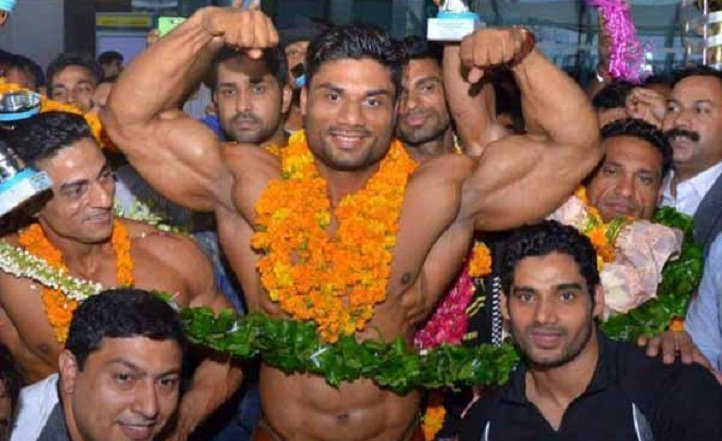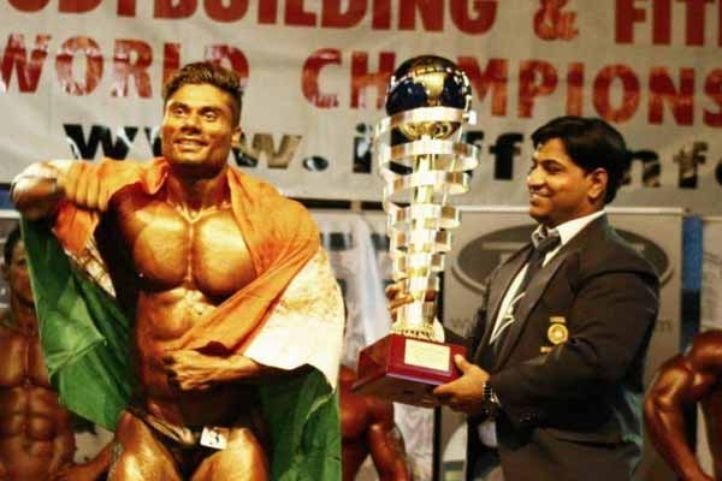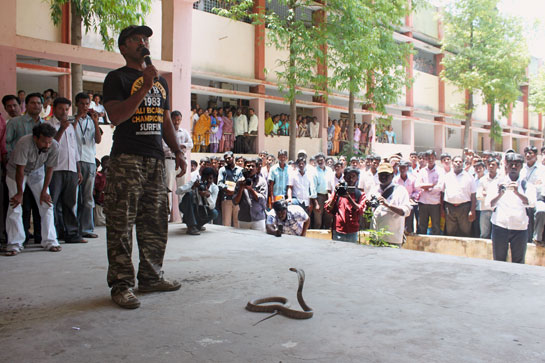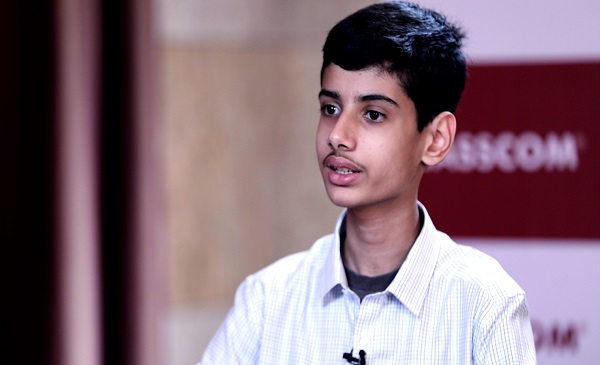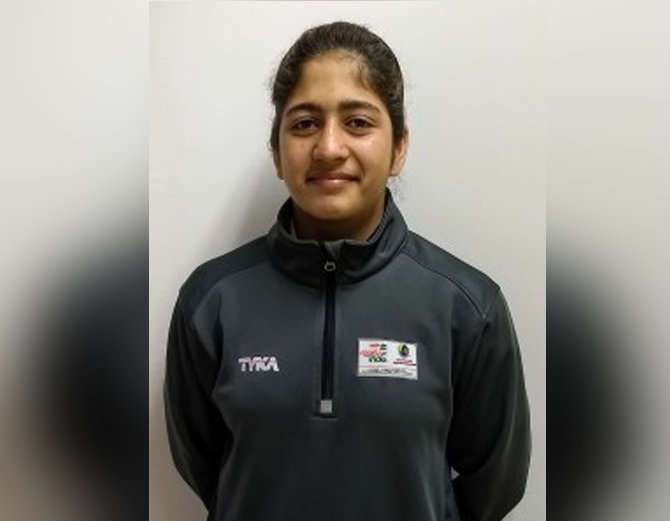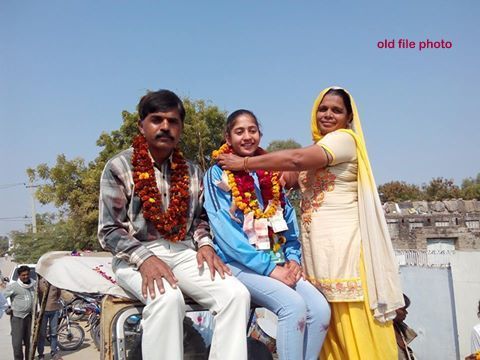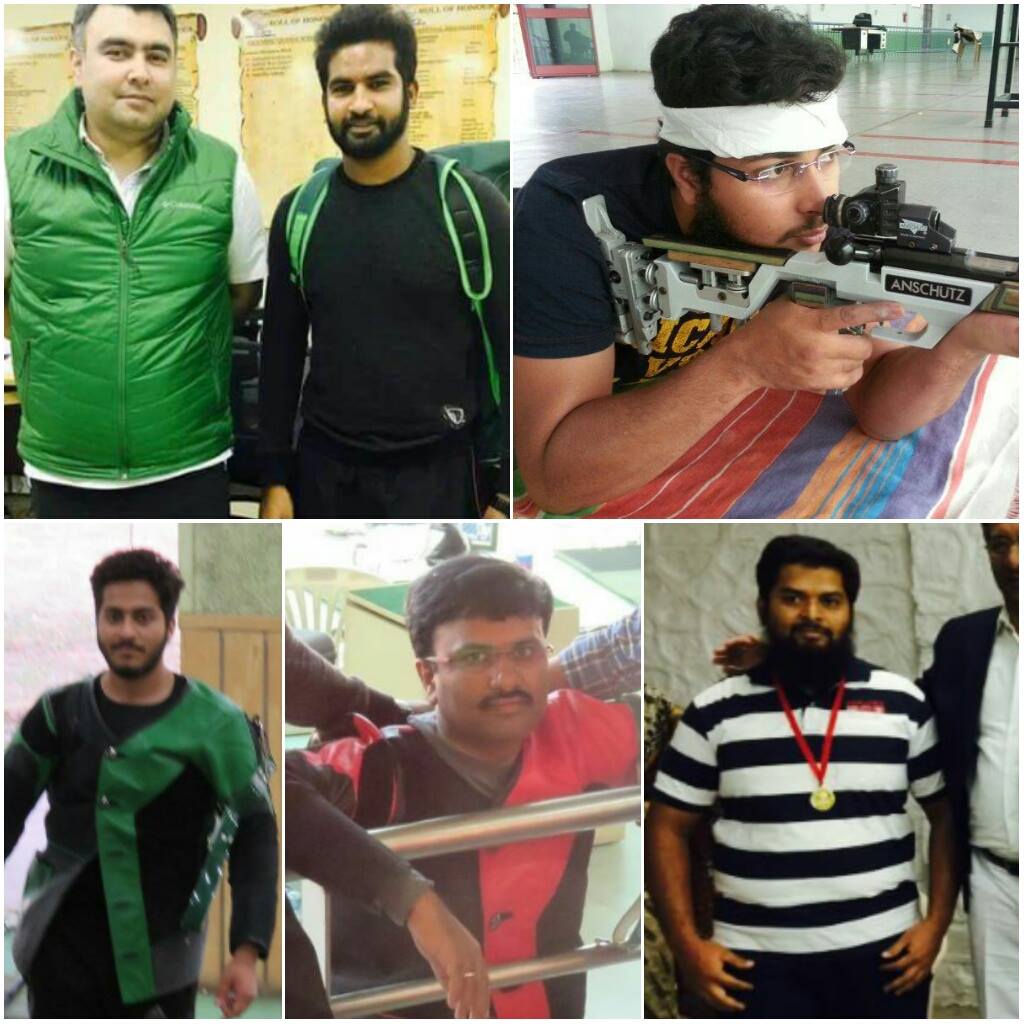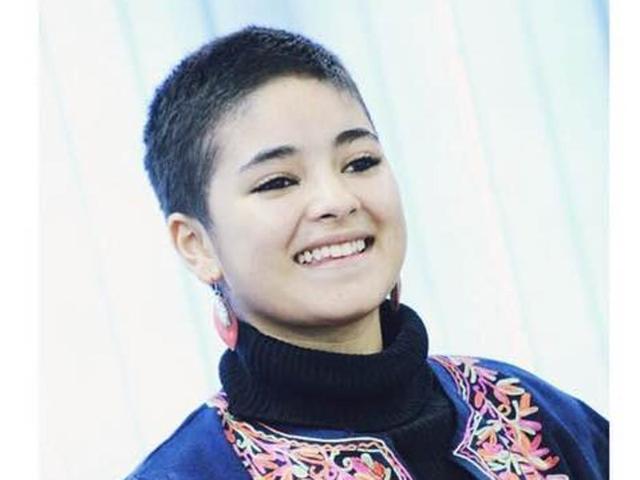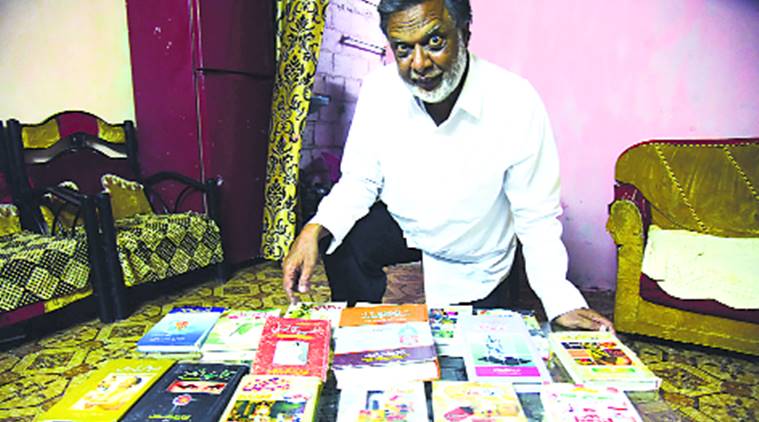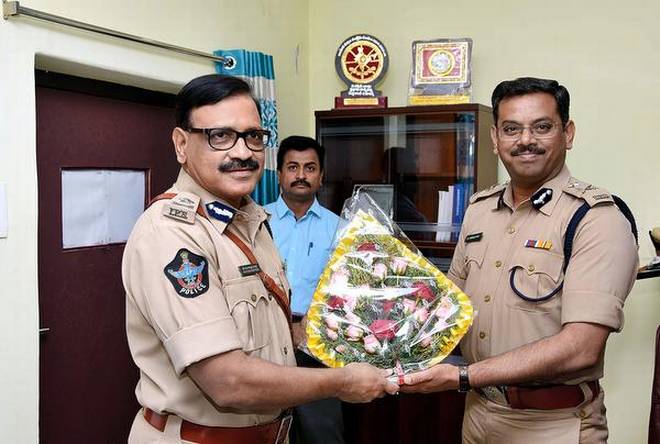Balrampur {District Gonda ), UTTAR PRADESH / Mumbai , MAHARASHTRA :
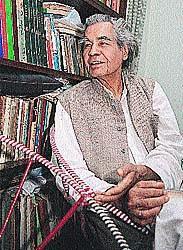
IT was perhaps in the early 1970s that I first heard Ali Sardar Jafri at a mushaira (poetic soiree) in Delhi. I do not have a very vivid recollection of all he chose to recite on that evening because the dais had a galaxy of eminent Urdu poets. Yet I still cherish the memory since he had made a great impression on me and other young men on account of his fiery poetry. What struck me most was the freshness of imagery, the transparent commitment to the man-on-the-street, and the intensely felt love for this country and its composite culture.
When the Sardar recited “har aashiq hai Sardar yahan, har maashooqa Sultana hai” (Here, every lover is Sardar and every beloved is Sultana), I was struck by the boldness of expression. I knew that romantic poetry was all about self-expression, but this was something absolutely new. Normally, lovers fashion themselves after Majnu and their beloveds after Laila, but here was a poet who identified himself and his beloved Sultana, who later became his wife, with every lover and beloved. Majnu and Laila were no longer the measure, the yardstick. It was the poet himself and his love that became the new symbols of lovers. This was a startling example of transmutation of literary symbolism. Here, one was faced with a totally new aesthetics.
So much has been written about Ali Sardar Jafri’s contribution to the progressive writers’ movement. He was one of its leaders, and insofar as Urdu poetry is concerned, its tallest leader in India. He belonged to a generation that began with participatio n in the freedom struggle and gradually moved from nationalism to Marxism. This was no fashionable Marxism embraced for its intellectual attraction. This was a Marxism that dislocated them from their comfortable aristocratic or upper middle class existen ce and compelled them to live the hard life. The many possibilities of fundamental social and economic change opened up before this generation, which remained unsatisfied with the attainment of political freedom alone. This was a generation that produced the likes of Shambhu Mitra, Bijon Bhattacharya, Mrinal Sen, Utpal Dutt, Balraj Sahni, Sahir Ludhianvi, Kaifi Azmi, Rajinder Singh Bedi, Shailendra, Salil Chaudhury, Majrooh Sultanpuri, Ramvilas Sharma, Kedarnath Agrawal, Nagarjun, Shamsher, Makhdoom Moh iuddin, Faiz Ahmad Faiz, Ismat Chugtai, Krishen Chander and a host of other equally eminent creative talents.
It was not without reason that the legendary Premchand had presided over the first ever conference of the Progressive Writers’ Association held in Lucknow in 1936. The clarion call he issued then, to “change the measure” of beauty, remains to this day a landmark event in the evolution of Indian literature.
Ali Sardar Jafri never forgot Premchand’s call. In fact, he uses this as an epigram to begin his celebrated poem Samandar ki Beti (Daughter of the Ocean) with. Unlike many other writers and poets, Jafri did not go to Bombay (now Mumbai) to write for Hindi films. He went there to work as a full-time activist of the undivided Communist Party of India (CPI). His involvement with writing film lyrics came much later and he was to set a standard of lyrical beauty that has remained unique. His composi tion for the film Footpath, “Shaam-e-gham ki kasam, aaj ghamgeen hain ham“, rendered in Talat Mahmood’s silken voice, remains memorable even today. Jafri even produced a film Gyarah Hazar Ladkiyan (Eleven Thousand Girls) in 1960 for friend Khwaja Ahmad Abbas. Incidentally, it was Abbas to whose film Anhonee Jafri lent his pen for the first time in 1952.
BORN in an aristocratic Muslim family of Balrampur, Uttar Pradesh in 1913, Ali Sardar Jafri plunged into politics early and joined the national movement. He went to jail several times on account of his political activities. He left for Bombay in 1942 and spent most of his life in this metropolis. A friend of revolutionary Turkish poet Nazim Hikmat and Nobel Prize winner Chilean poet Pablo Neruda, Jafri remained the leader of progressive Urdu writers till the end. He began his literary career with a collection of short stories Manzil (Destination) in 1938 and made a mark as a poet with Parvaz (Strength to Fly) in 1943. His Nai Duniya ko Salam (Salute to the New World) and Asia Jaag Utha (Asia has awakened) were translated int o many Indian as well as foreign languages.
Jafri also came to be respected as an editor of critical editions of the works of Mir Taqi ‘Mir’ and Ghalib, the two poets who influenced the course of Urdu poetry the most. He also edited the works of Kabir and Meera. Jafri wrote erudite introductions t o all these books, establishing himself as an extraordinarily perceptive critic. As a poet, his unique contribution was to get the free verse its rightful place in the Urdu literary world. Josh Malihabadi, his senior by many years, had effected a sort of shift from the dominant form of ghazal to nazm, which was not bound by the rules of rhyme. Yet, even Josh’s nazm followed conventions of literary metres and was not exactly “free”. It was Ali Sardar Jafri who, like Suryakant Tripathi ‘Nira la’ in Hindi, freed the nazm from its metrical shackles. If Josh was hailed as Shair-e-Inqilab (The Poet of Revolution), Jafri came to be known as Shair-e-Awam (The Poet of the People).
While Marxism permeated his whole being and writing, it never became an ideological cage for him. Jafri encompassed the great humanistic traditions and compassion of the Sufi and Bhakti movements, the love of nature found in the works of Kalidas, and an assimilative vision of India’s composite culture. In no other Urdu poet – perhaps with the sole exception of Nazir Akbarabadi who lived in the 18th century – would one find quite the same kind of effusive celebration of Krishna with his Gokul, Gautam Bud dha with his disciple Anand and Chandalika, glory of the Vedas, the Radha of Vidyapati’s poetry, and so on. True to his commitment, he penned beautiful poems on Karl Marx and Paul Robeson too.
Several honours came to Jafri during his long literary career. These included the Padmashri, the Pakistan government’s Iqbal Award, the Uttar Pradesh Urdu Academy Award, the Kumaran Asan Award and the Toronto Urdu Literary Academy Award. The irony of it was that in 1986, the same Aligarh Muslim University that had expelled him on account of his participation in the freedom struggle, honoured him (or rather itself), by conferring the D.Litt. on him. In 1998, he won the Jnanpith award.
Such was the force of his personality and the power of his pen that even Prime Minister Atal Behari Vajpayee, a life-long member of the Rashtriya Swayamsevak Sangh (RSS), had to concede in his speech while giving away the Jnanpith award that one could di ffer with Jafri’s views but not with his vision. When Vajpayee made his bus trip to Lahore last year, Jafri went along as a special invitee, chosen since he best symbolised the essential unity of mankind. Among the Indian Prime Minister’s main gifts to his Pakistan counterpart was a collection of Jafri’s poems entitled Sarhad (Border).
Ali Sardar Jafri was steeped in the best traditions of secularism. He fought against imperialism all through his life while remaining aware that imperialism had a great capacity to take on newer forms. His Marxist convictions gave him a strong sense of s ocial justice and equality between classes, castes, religions, languages, and sexes. With his demise at the age of 86, Urdu literature has lost a man who broadened its horizons and deepened its perceptions. Truly he was the Sardar of Urdu literature.
Such was the force of his personality and the power of his pen that even Prime Minister Atal Behari Vajpayee, a life-long member of the Rashtriya Swayamsevak Sangh (RSS), had to concede in his speech while giving away the Jnanpith award that one could di ffer with Jafri’s views but not with his vision. When Vajpayee made his bus trip to Lahore last year, Jafri went along as a special invitee, chosen since he best symbolised the essential unity of mankind. Among the Indian Prime Minister’s main gifts to h is Pakistan counterpart was a collection of Jafri’s poems entitled Sarhad (Border).
Ali Sardar Jafri was steeped in the best traditions of secularism. He fought against imperialism all through his life while remaining aware that imperialism had a great capacity to take on newer forms. His Marxist convictions gave him a strong sense of s ocial justice and equality between classes, castes, religions, languages, and sexes. With his demise at the age of 86, Urdu literature has lost a man who broadened its horizons and deepened its perceptions. Truly he was the Sardar of Urdu literature.
source: http://www.frontline.in / Frontline / Home> Obituary / by Kuldeep Kumar / Volume 17, Issue 17, August 19 – September 01, 2000
